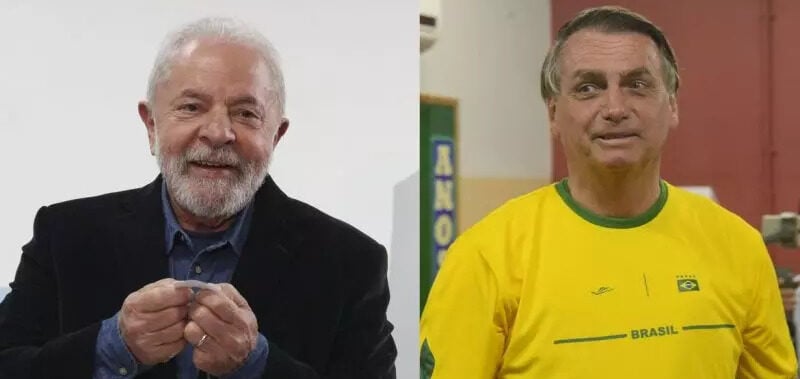O The Wall Street Journal highlights the “tense” nature of the second round of elections, which will have “broad implications for the largest economy in Latin America and the Amazon rainforest”.
ADVERTISING
A Bloomberg says that the dispute between President Jair Bolsonaro (PL) and former President Luiz Inácio Lula da Silva (PT) was “bitter and, at times, violent” and raised concern among electoral authorities and international allies.
Already Associated Press highlights the clash between a candidate who “promeprotect conservative Christian values” and a former president who intends to return the country “to the prosperity it once had”.
For Reuters, the election offers a second chance for Lula and Bolsonaro. While the former president will try to return to a path of “prosperity” after the PT was marked by corruption scandals, the current president promeconsolidate its conservative turn, “after one of the deadliest epidemics in the world and widespread deforestation in the Amazon basin”.
ADVERTISING
According to The New York Times, today’s election represents much more than a “mere dispute between the left and the right”. The newspaper highlights the increase in deforestation in the Amazon under the Bolsonaro government and the president's attacks on democratic institutions in the last four years.
“Guns, God and fake news” dominated this year’s presidential race, according to CNN. The campaign focused on social problems and cultural war, with little discussion of agendas and projects, allowed greater participation of religious leaders and the dissemination of fake news, analyzes the American broadcaster.
(With Content Status)



